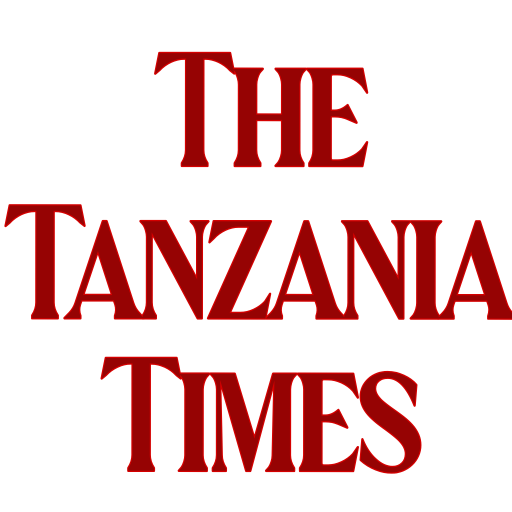A report tabled during the 53rd Plenary Assembly Session of the SADC Parliamentary Forum in Arusha, Tanzania indicates that over 47 percent of women in Malawi get married before reaching the ripe age of 18 years.
“It is common knowledge currently that, Child marriages endanger the physical and reproductive health of the girl child, with girls under the age of 18 at a much higher risk of pregnancy related injuries such as fistulas,” pointed out Hon Aisha Adams Mambo.
It was presented by the Second Deputy Speaker of the Parliament of Malawi, Aisha Adams Mambo.
They contribute to high fertility and intensify the problem of rapid population growth.
She added that the underage marriages in Malawi affect many of the development goals, such as achieving universal primary education, maternal health and gender equality, amongst others.
The structure of the population of Malawi suggests that there are marginally more women than men and in terms of age the youth constitute the bigger portion of the population.
That, as it happens, is also true for various countries in the SADC region.
According to the report, the situation has for the last couple of years been calling for advocacy of increased budgetary allocations towards the budget lines for the youth initiatives as well as women (Ministry of Gender).
“The Government of Malawi is however already working towards improving gender equality, violence prevention and policy framework in the country on violence against women and girls as well as harmful cultural practices…”
“… The initiative is supporting the review of five specific laws and policies including the Prevention of Domestic Violence Act; the Marriage Divorce and Family Relations Act; the Child Care, Protection and Justice Act; the Gender Equality Act; and the Penal Code.”
With support from the Development and Cooperating Partners, Parliament of Malawi initiated discussions around child responsive budgets.
Just like the progress on Gender Responsive Budgets, parliamentarians and different other players have been advocating for equitable distribution of resources towards the children as that guarantees their future and the future of the nation.
This again, is on-going as after every presentation of the National Budget, there are analyses and discussions on the line budgets for women and children, just like other line budgets of interest to various interest groups.
It is from such discussions that the parliamentarians are enriched with insights regarding the need to reconsider certain line budgets.
From such engagements, parliamentarians in Malawi continue to lobby for equitable allocation of resources as an effort to narrow the resource gap for gender and children.


